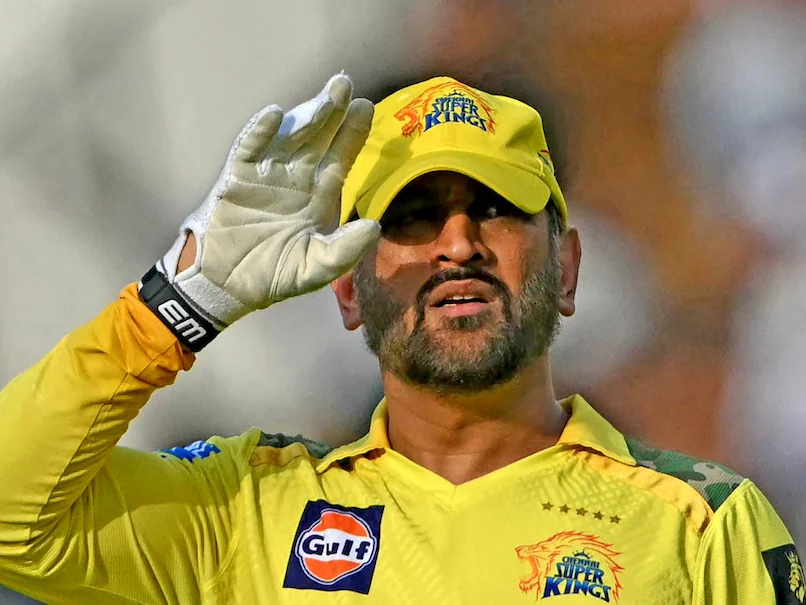
On May 28, 2011, Mahendra Singh Dhoni etched his name in Indian Premier League (IPL) history by becoming the first captain to successfully defend the title. Under his astute leadership, the Chennai Super Kings (CSK) clinched their second consecutive IPL championship, defeating the Royal Challengers Bangalore (RCB) by a commanding 58-run margin in the final held at the M.A. Chidambaram Stadium in Chennai.
The 2011 IPL season was a testament to CSK’s dominance and consistency. Finishing second in the league stage with nine wins out of fourteen matches, they showcased a blend of experience and youthful exuberance. Their journey to the final was marked by a crucial victory against RCB in the Qualifier 1, granting them direct entry to the championship match. This win not only boosted their confidence but also provided them with valuable rest and preparation time, a luxury not afforded to their opponents.
Electing to bat first in the final, CSK’s opening pair, Michael Hussey and Murali Vijay, laid a solid foundation. Their partnership of 159 runs set the tone for the innings. Hussey’s composed 63 off 45 balls complemented Vijay’s explosive 95 off 52 deliveries, which included four boundaries and six towering sixes. This formidable opening stand propelled CSK to a formidable total of 205 for 5 in their allotted 20 overs.
RCB, in response, faced immediate setbacks. The decision to open the bowling with off-spinner Ravichandran Ashwin proved strategic, as he dismissed the dangerous Chris Gayle for a duck in the very first over. Gayle, who had been the tournament’s leading run-scorer with 608 runs, was a significant wicket. Ashwin’s spell of 3 for 16 in four overs stifled RCB’s chase, and despite Saurabh Tiwary’s unbeaten 42, they could only muster 147 for 8, falling well short of the target.
This victory was not just about the final match but also about CSK’s impeccable home record throughout the season. They won all their home games, making the Chepauk Stadium a fortress. The team’s balanced composition, with contributions from seasoned players and emerging talents, was instrumental in their success.
Dhoni’s leadership was pivotal. His calm demeanor, tactical acumen, and ability to inspire his team were evident throughout the tournament. By promoting himself up the batting order in crucial matches and making bold decisions on the field, he exemplified proactive captaincy.
The 2011 triumph solidified CSK’s reputation as one of the premier franchises in the IPL. Their back-to-back titles set a precedent, and their consistent performances in subsequent seasons further established their legacy. Dhoni’s role in this success story is undeniable, and his achievements continue to inspire cricket enthusiasts worldwide.
Reflecting on that day, it’s clear that CSK’s victory was a culmination of strategic planning, individual brilliance, and cohesive teamwork. The 2011 IPL final remains a landmark event, showcasing the essence of competitive spirit and the impact of visionary leadership in sports.

